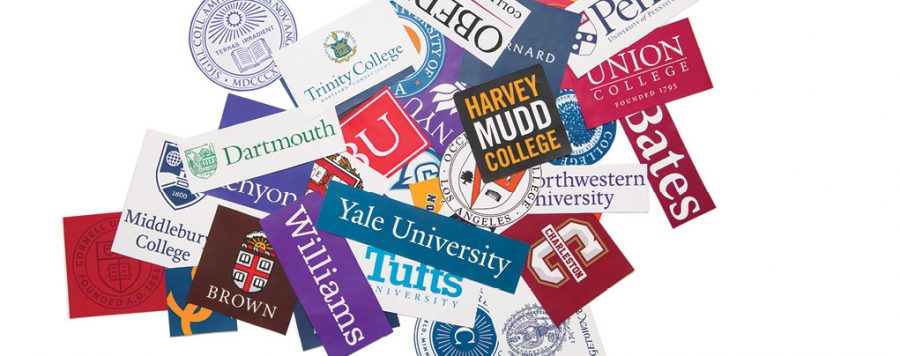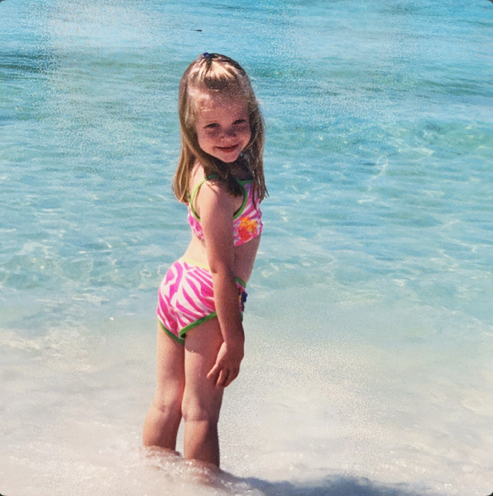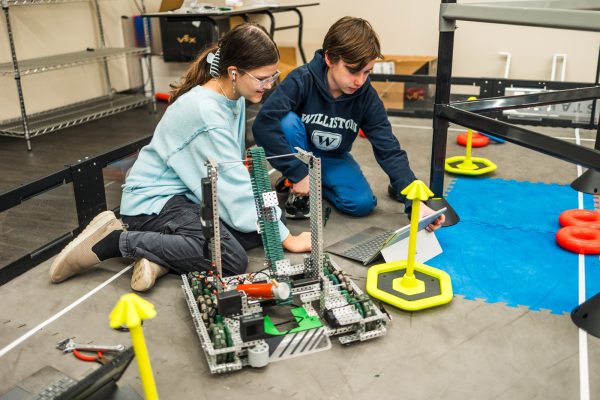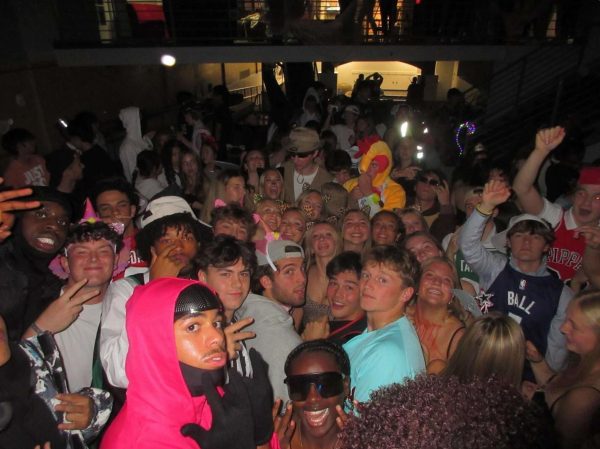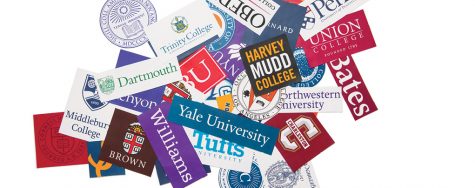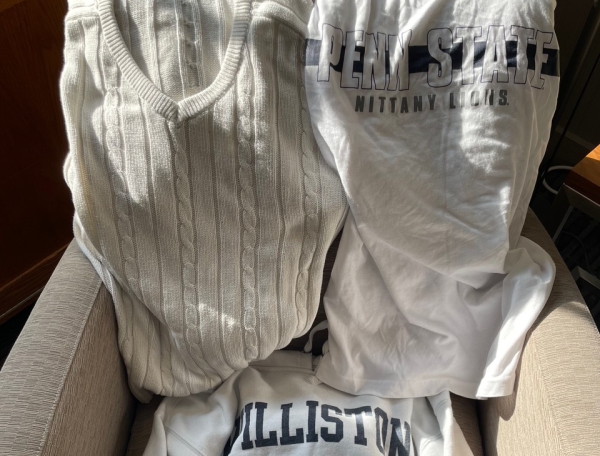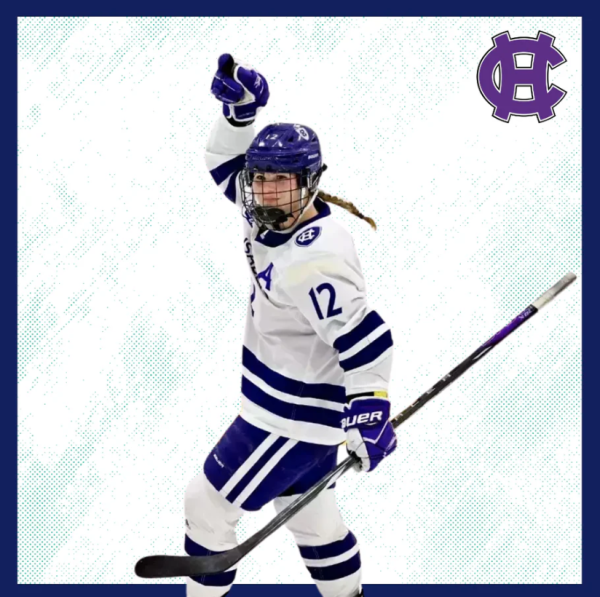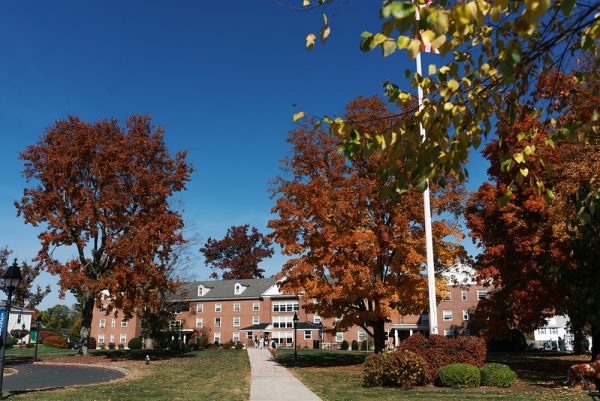Covid and the College Process
The ongoing Covid-19 pandemic has continued to cause drastic changes in the college process for students and recent graduates at Williston and surrounding institutions.
The spread of the virus lead to many changes in the college application process, including the implementation of virtual visits and tours, optional standardized testing, virtual recruitment, and many other variations to the college process. Additionally, Williston has implemented several safety restrictions involving leaving campus, making in-person college visits less attainable for Williston students.
Suhyun (Anthony) Min, a senior boarding student from Seoul, Korea, has only been able to visit a handful schools in person.
“I attended lots of virtual information sessions as well as Zoom tours, that was how I got familiar with colleges during this time,” he said. “I have only in-person toured three of the many schools I’m applying [to].” Those schools include USC, UCLA, and Boston University.
The spread of Covid-19 led to limited access to standardized testing for the majority of high school students as well. While Williston was able to provide testing opportunities for students starting around the fall of 2019, some colleges understood that many students wouldn’t have access to a safe environment to take standardized tests.
More than 75% of colleges did not require the submission of standardize tests for at least the 2020-2021 and 2021-2022 applicant pool.
The option to choose whether to submit tests scores or not, along with other variations to the college process, has caused an increase in the number of college applicants. As of November 16, 2021, the total number of applications submitted has increased by 22%, with only a 3.6% decrease the previous year due to students taking a gap year.
Rachel Goodman is a freshman at Tufts University who took a gap year after graduating from Williston in 2020. She believes the pandemic greatly impacted her decision not to attend college the fall after graduation.
“Covid was definitely the main push to make me do it, even though I always wanted to take a gap year,” she said, contently. “I never committed to the idea because I thought I would be behind somehow, but once I heard about the uncertainty of in-person classes in the fall and about not being able to decide to take a gap year once the announcement was made, I knew what I wanted to do.”
Multiple student sources agree that recruitment for athletes became drastically more challenging in various ways due to the pandemic.
Sian Lewandowski, a freshman water polo player and swimmer at Macalester who graduated from Williston in 2021, was nervous about the recruiting process during the pandemic.
“The highlight reel I submitted was all stuff from my sophomore year of high school, so I was anxious because I felt that I had grown as a player and that wasn’t shown in the reel,” Sian said. “I also I hadn’t been able to practice because of Covid, so I could be losing some of my skills. So it’s this weird balance between I’ve been growing but also I could have been regressing.”
Sian had multiple poor experiences communicating with coaches wanting to recruit her, which she partially attributes to the online recruitment process. She describes one interaction as being particularly unsatisfactory.
“There was one college whose coach was unsure about what the season would look like, and he didn’t reply to me for three weeks over email!” she exclaimed in exasperation. “Then he replied saying he had always been very interested.”
The effect of the pandemic was not limited to Williston students and alumni. Amherst Regional High School students remained online until May of last year, impacting not only the college process of some students, but also their high school education.
Brynn Sullivan, a senior from A.R.H.S., felt as though her relationships with teachers were affected by Covid just as much as her lack of aid in the college process.
“It was hard because I felt more like I was on my own [application wise] and because I wasn’t in as close communication with my teachers, so didn’t feel like I built the same relationship with them over a screen,” she said.
Just as recruitment for sports was affected due to Covid-19, performing arts students faced changes in the way they could display their talents to colleges. Caroline Hollander, a senior from the Pioneer Valley Performing Arts school, is an experienced ballet, jazz, modern, and tap dancer, as well as a skater. Caroline’s college applications were both positively and negatively impacted by the adjusted requirements.
“I liked that I got to edit them [multiple versions of her arts portfolio] myself; it reassured me that the best performances of the different mediums I like to work with were displayed,” she said. “At the same time, I wanted to audition for the ballet certificate program– basically higher training classes with a professional dance company (the Central Pennsylvania Youth Ballet), but the applications were only accepted online, and since I perform better in-person, I decided against it.”



